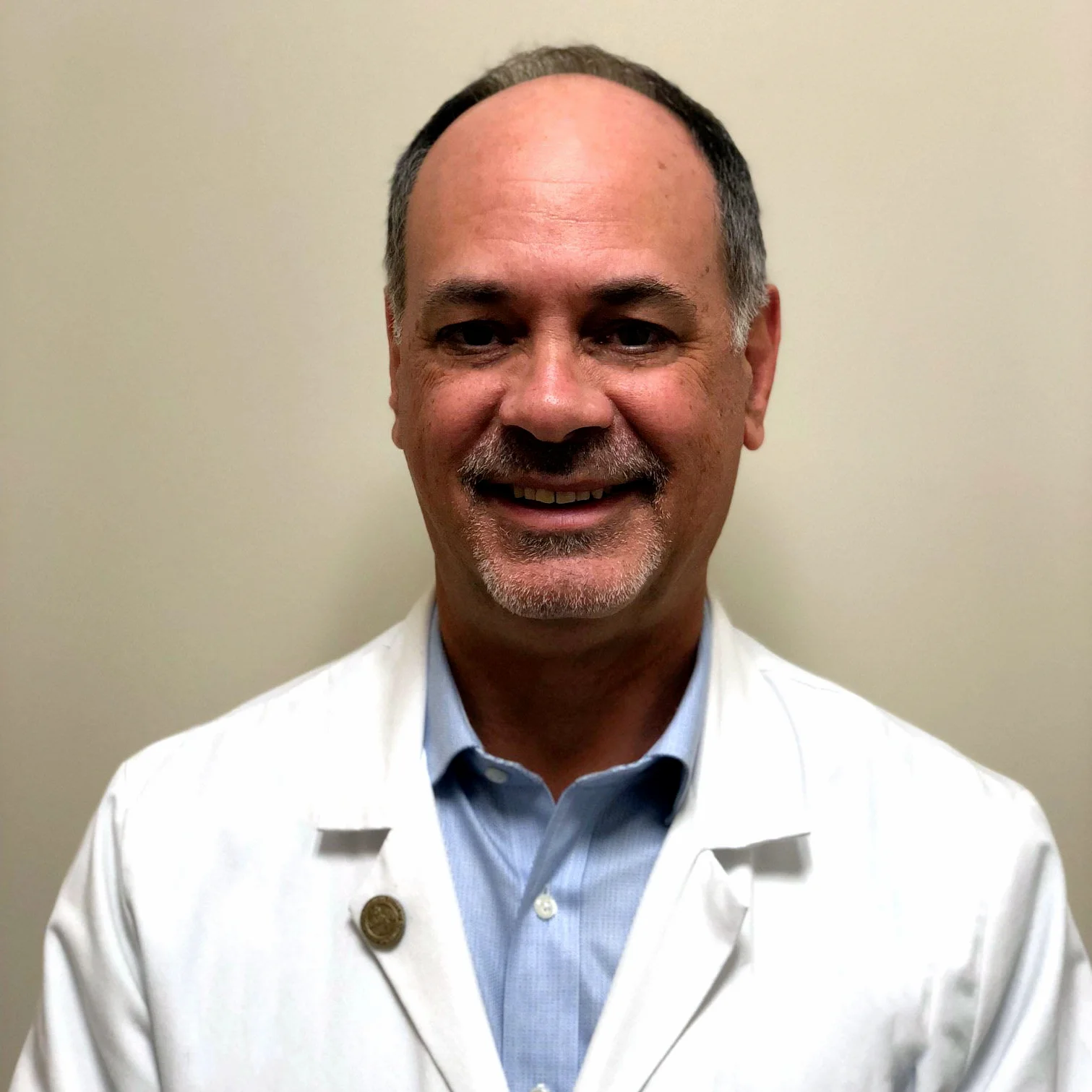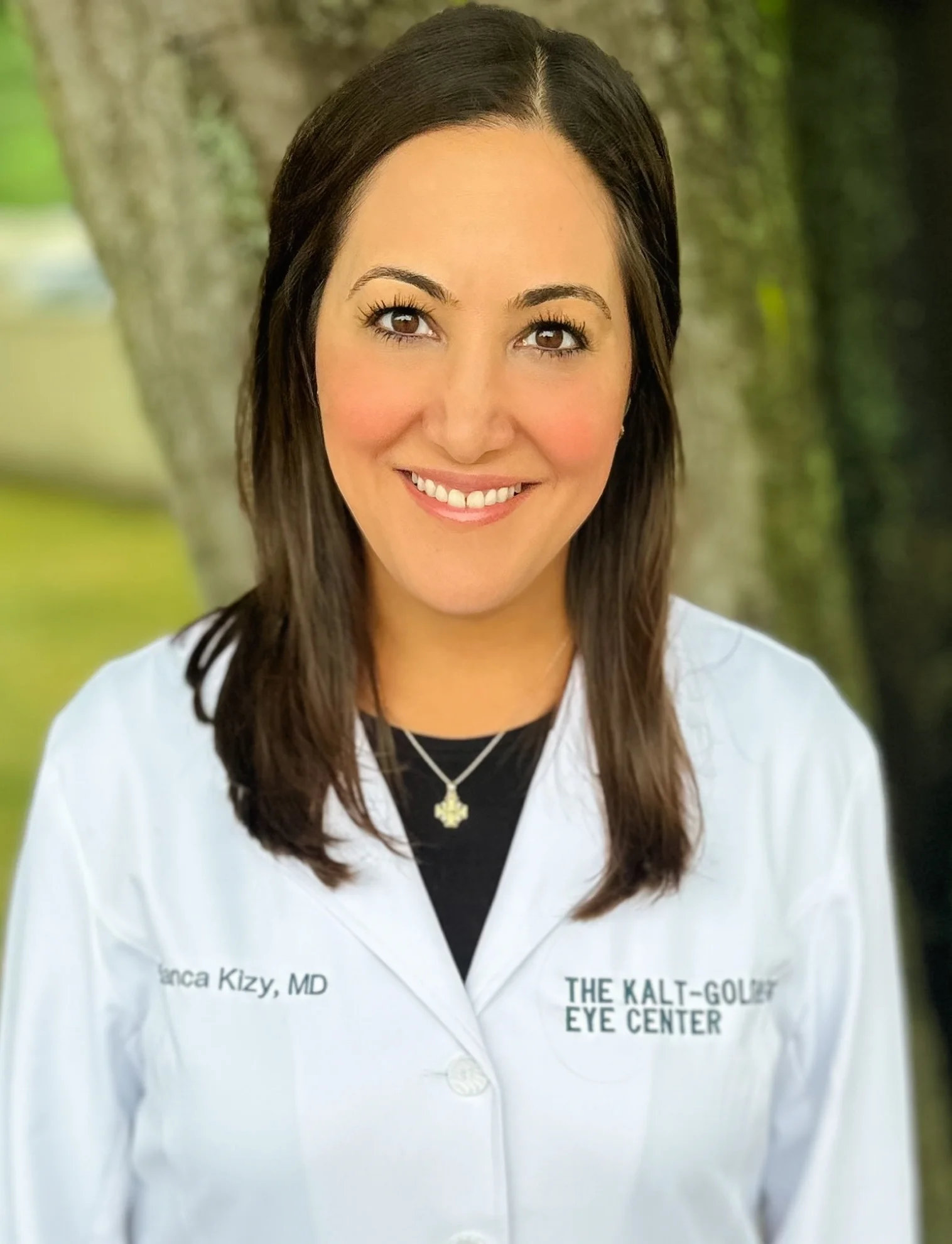Glaucoma Pleasant Ridge
Glaucoma surgery reduces the pressure inside the eye, which helps stop more damage to the optic nerve

Preserving your vision from glaucoma's silent progression requires expert care, advanced technology, and personalized treatment strategies. The Kalt-Goldberg Eye Center in Pleasant Ridge, MI provides world-class glaucoma management with fellowship-trained specialists who combine cutting-edge diagnostics with innovative surgical techniques to protect your sight and maintain your quality of life.
Often termed the "sneak thief of sight," glaucoma gradually damages your optic nerve through various mechanisms, most commonly elevated eye pressure. This progressive condition affects over 3 million Americans, with many unaware they have the disease until significant vision loss has occurred. Our Pleasant Ridge glaucoma specialists emphasize early detection and proactive management to prevent irreversible damage.
Glaucoma Symptoms
Glaucoma often develops without noticeable symptoms. When signs do arise, the disease is typically already advanced.
Common symptoms may include:
- Eye pain or discomfort behind one or both eyes
- Persistent headaches
- Gradual loss of side vision
- Needing brighter light for everyday activities
- Blurred or hazy vision
Types of Glaucoma
There are three main forms of glaucoma:
- Open-Angle Glaucoma: The most common type, where the eye's drainage system does not function properly, causing fluid buildup.
- Narrow-Angle Glaucoma: Occurs when the drainage channels become blocked, leading to increased eye pressure.
- Low-Tension Glaucoma: Damage to the optic nerve happens even without elevated eye pressure.
Causes of Glaucoma
Glaucoma has no single cause, but several risk factors can increase the likelihood of developing it, such as:
- Severe nearsightedness
- Family history of glaucoma
- Age over 40
- Race (especially African Americans over 35)
- Health conditions like diabetes
- Obesity
- General poor health (inactivity, poor diet)
Positive lifestyle changes can help lower the risk of glaucoma, although some factors may be beyond control.
How Glaucoma Is Diagnosed
Eye doctors use various tests to detect glaucoma, including:
- Dilated Eye Exam: Drops widen the pupil for a better view inside the eye.
- Eye Pressure Measurement: Checks for elevated intraocular pressure.
- Angle Assessment: Examines whether the angle between the iris and cornea is open or blocked.
- Visual Field Testing: Evaluates peripheral and central vision.
- Corneal Thickness Measurement: Pachymetry test to assess corneal thickness.
Glaucoma Treatment Options
Glaucoma-related damage is irreversible, making early treatment critical. Typical treatments include:
- Prescription Eye Drops: To lower intraocular pressure and protect the optic nerve.
- Laser Therapy (Trabeculoplasty): Clears blocked drainage channels.
- Trabeculectomy: A surgical procedure that creates a new drainage pathway in the white part of the eye.
- Drainage Implants: Small tubes inserted to help drain fluid and reduce pressure.
- Minimally Invasive Glaucoma Surgery (MIGS): Newer techniques that improve fluid drainage with less risk and quicker recovery.
Genetic Testing Pleasant Ridge Glaucoma Specialists: Understanding hereditary factors helps our Pleasant Ridge team develop personalized monitoring schedules and treatment approaches based on your specific genetic risk profile and family history patterns.
Schedule Your Glaucoma Evaluation in Pleasant Ridge, Michigan
Vision loss from glaucoma is preventable with early detection and appropriate treatment. Don't wait for symptoms—by then, significant damage may have already occurred. Protect your sight with comprehensive glaucoma care from Pleasant Ridge's leading eye specialists.
Contact The Kalt-Goldberg Eye Center in Pleasant Ridge, MI today to schedule your thorough glaucoma evaluation. Our expert team combines advanced technology with compassionate care to preserve your vision and maintain your independence for years to come.



